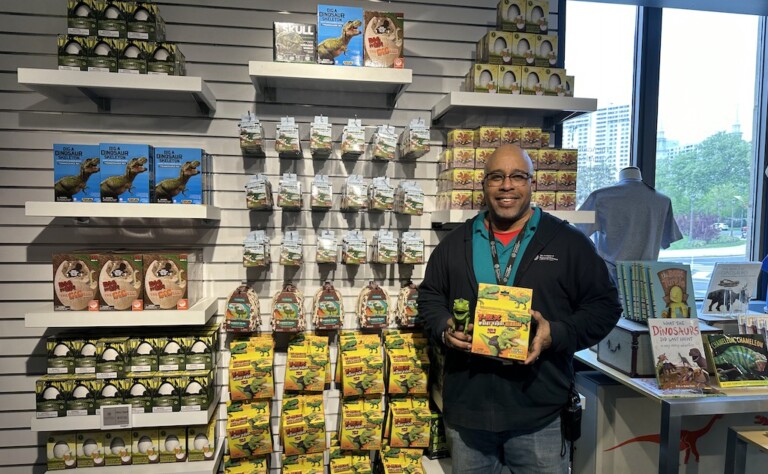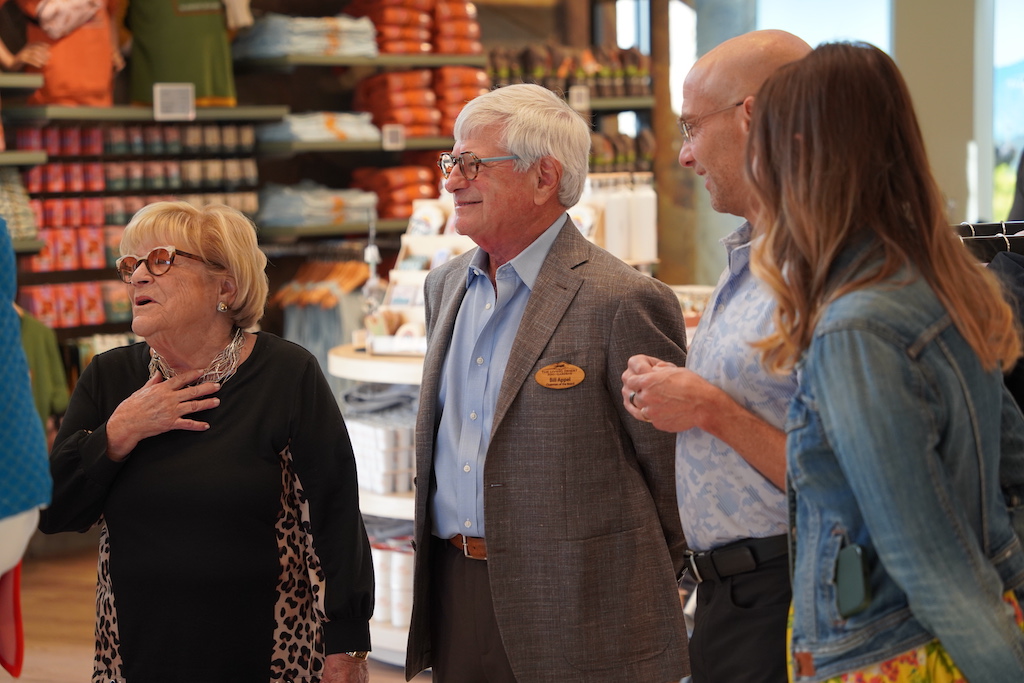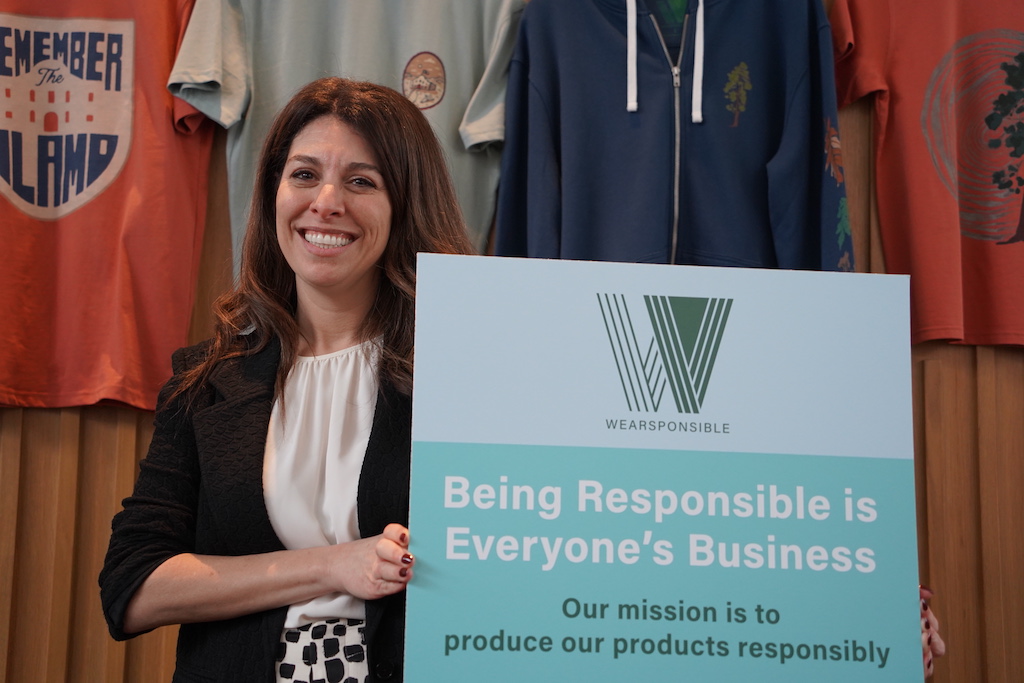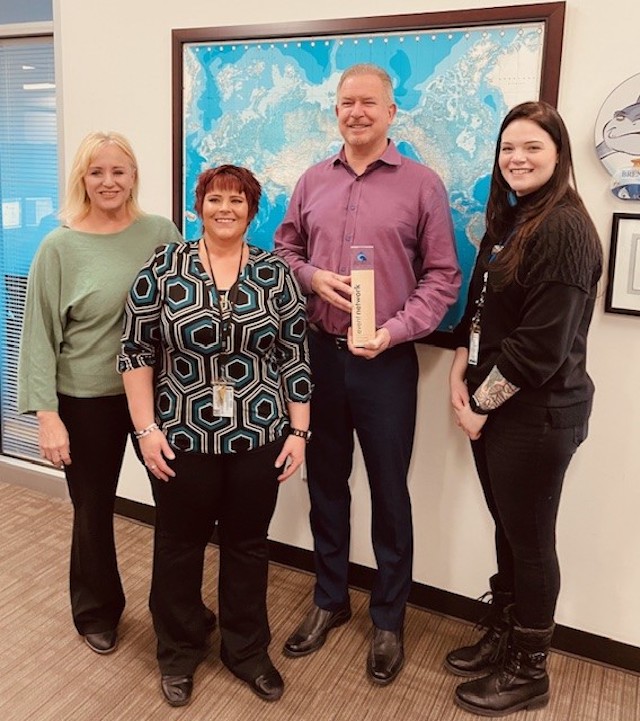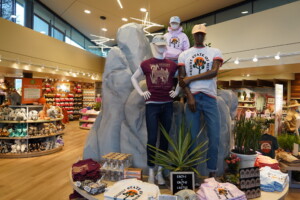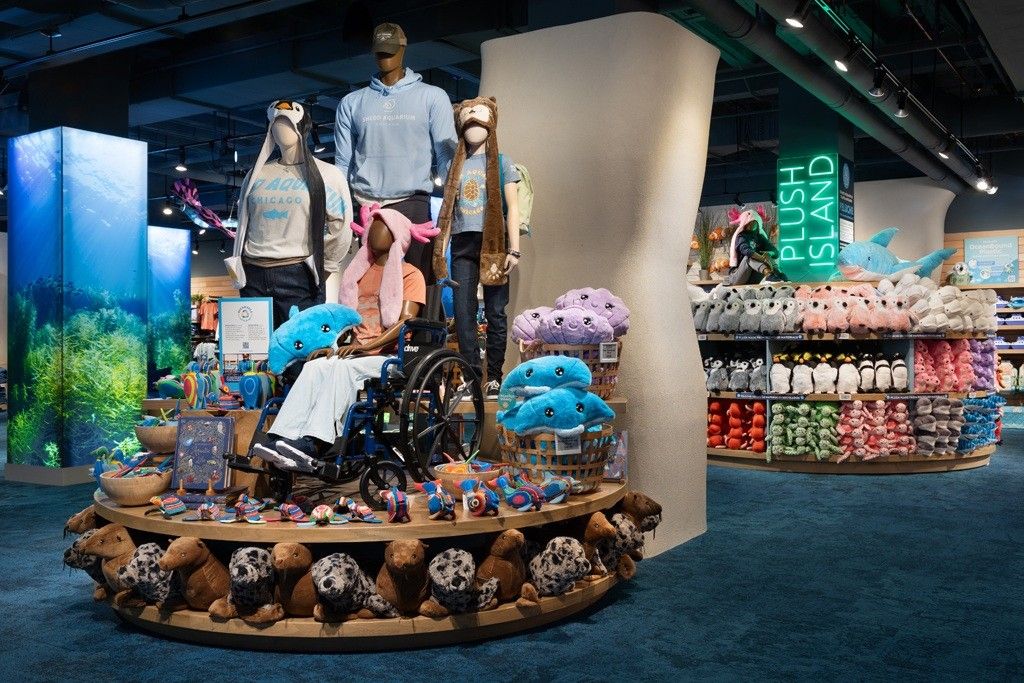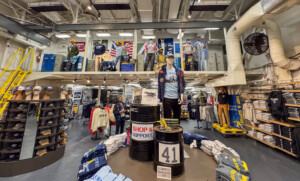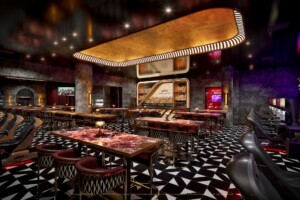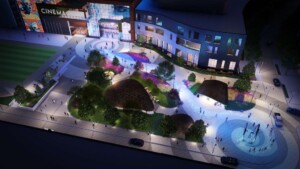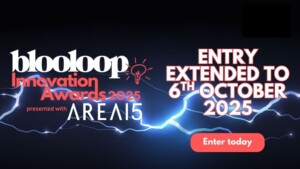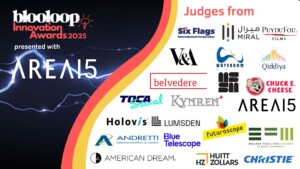By Michael McCrory, Event Network
Delivering collaborative expertise—expert service within a collaborative framework—is one of the most challenging and rewarding dynamics in any partnership-based business. It requires knowing when to lead and when to listen, how to bring data to the table without overshadowing creativity, and how to remain open to feedback while providing solutions based, on time, proven expertise.
At Event Network, we’ve learned that the secret to achieving this balance lies in the mindset and methods we bring to every partnership.
Because one of our primary services is providing unique and engaging product assortments for experiential retail stores, this balancing act is often most evident in the relationship between our product development team and the primary contact/collaborator who represents the brand and vision of the institutions that we serve.
Our product team doesn’t simply source merchandise. They work to reflect each organization’s story, mission, and values in every retail experience we create. This process demands a blend of creative intuition and strategic collaboration that can benefit any company navigating a service-driven, client-focused environment.
Here are six guiding principles we’ve discovered for delivering high-level expertise while honoring and elevating your partner’s vision through a collaborative lens.
Lead with listening for effective collaborative expertise
Successful collaboration starts with listening. It’s not just a tactic to employ during a project kickoff meeting; it’s vital throughout the life of the relationship. Active listening builds trust and creates the conditions necessary for mutual success.
When you begin a new project or partnership, take time to truly understand the values, challenges, and goals of the organization with whom you are working. Look beyond the obvious. What constraints are they working under? What internal stakeholders do they need to consider?
By appreciating the broader context, you’ll avoid making assumptions and start building solutions that also build trust.
Listening also means leaving room for reflection. Sometimes the most meaningful insight comes not from the meeting itself, but in the moments afterward. Stay attuned to both what’s said and what’s implied.
In our case, we know our partners are frequently managing several projects at once, from membership and fundraising to construction and research projects. We have to remain aware of the many stakeholders and projects they are juggling at any given time and be sensitive to the fact that retail is just one aspect of their portfolio, but one that should reflect the broader guest experience.
Ask questions. Then, ask better questions
Asking the right questions is essential to uncovering a partner’s true needs, but it’s just as important to revisit and refine those questions over time.
Start with broad, open-ended inquiries about what success looks like, which aspects of their identity they want to highlight, and what past approaches have (or haven’t) worked. Don’t just ask what they like; ask about things that don’t connect as well. This can surface critical insights that might otherwise be missed.
And as the project evolves, circle back to your original questions. What did you learn that could reshape your understanding? What questions might have led to faster alignment? Being iterative in your inquiry process sharpens collaboration and accelerates results.
As retail experts, we try to bring our innovative ideas to each project. But we have to acknowledge that frequently we’re being enlisted to change the direction or refocus the message of the gift shop, so continuously asking probing questions can provide a clear direction for our product teams.
Become a cultural curator
Expertise is partly about delivering what’s expected, but it’s also about translating an organization’s identity into something tangible, meaningful, and often providing the unexpected – the surprise and delight! That’s especially true in product development, where every item can tell a story and offer guests meaningful items that they were not anticipating finding in the gift shop.
Approach each partnership as an opportunity to curate culture. Research key narratives, artifacts, symbols, and stories that define the institution. Understand not just what’s on display, but the history of the institution and what it represents to the community it serves.
Don’t be afraid to propose ideas that stretch beyond what’s currently in place. Partners appreciate a fresh perspective, as that is often why they sought you out. It goes without saying that it is critically important to demonstrate a commitment to the brand and mission of the partnership. This builds trust and makes experimentation possible.
When it works, the result is a product or store experience that feels authentic, aligned, and impactful.
Empower cross-functional collaboration
Great ideas rarely come from a single source. That’s why collaboration must extend across teams both within your organization and with your partners.
Encourage ongoing communication with your partner’s marketing, education, and leadership teams. Each offers a unique perspective on the institution’s voice and mission. At the same time, ensure that your internal departments, from design to operations, are aligned on goals and open to creative input.
In our work, some of the most innovative product ideas come from the field: observations made during store visits can uncover untapped stories and details that spark inspiration.
We will often walk through one of our partner institutions the same way a guest would. When we do this, our eyes are constantly seeking out aspects of the experience that can be translated into product assortments. Empower your team to be curious observers and creative translators.
Address tensions early
Even the best partnerships encounter friction. Misalignment can emerge when expectations shift, ideas miss the mark, or external pressures intervene. The key is to address these moments proactively and constructively.
When concerns arise, lead with empathy. Acknowledge the issue, invite open dialogue, and present data where appropriate. Transparent communication builds credibility, especially when introducing new or unconventional ideas.
The best partners are those who can course-correct quickly, without defensiveness, and use moments of tension as a springboard for stronger collaboration.
It must be said, however, that this is always challenging for our team members. They frequently put their hearts and souls into their work. It takes practice and discipline to pivot from feeling disappointed at a presentation meeting to a place where you can accept and process the critique and feedback so changes can be made.
Collaborative expertise – always have an open mind
Feedback, even critical feedback, is an opportunity to learn. In any creative or service-driven role, some ideas will land, and others won’t. What matters is how you respond.
Stay humble, stay curious, and stay forward-looking. When a partner doesn’t connect with something you’ve presented, listen carefully to why. We’ve discovered that, while it can feel important or necessary to defend your choices and decisions about a project, the better strategy is to work to understand their needs.
That openness not only strengthens the partnership, it also sets the tone for your team to grow as well.
The most effective collaborators are those who balance expertise with flexibility. They bring ideas to the table but leave room for discovery. They see each new challenge as a prompt to ask: What haven’t we tried yet?
Whether you’re leading a creative agency, curating a retail assortment, or providing strategic consulting, these principles can help you strike the right balance between authority and collaboration—what we call collaborative expertise.
Because when expert service is paired with deep listening, cultural understanding, and mutual respect, the results are more than just effective, they’re transformational.
